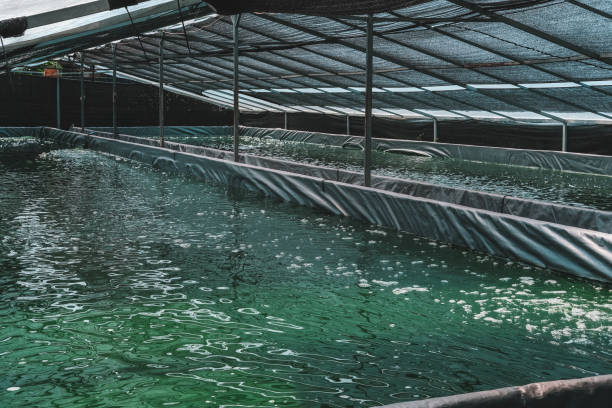
Spirulina: The Ancient Lifeform Powering Modern Wellness
Share
Spirulina: The Ancient Lifeform Powering Modern Wellness
When we think about superfoods, spirulina often comes to mind as a nutrient-packed, eco-friendly option. But did you know that spirulina is much more than just a health supplement? It’s one of Earth’s oldest lifeforms and has played a pivotal role in shaping the planet and sustaining life as we know it. From its origins as a foundational lifeform to its transformative benefits for human health, spirulina truly embodies nature’s genius.
The Origins of Spirulina: The Lifeform That Shaped Earth
Over 3.5 billion years ago, spirulina, a type of microalgae, began its journey on Earth. As one of the first photosynthetic organisms, it revolutionized the planet by converting sunlight into energy and releasing oxygen as a byproduct. This monumental process, known as photosynthesis, eventually led to the "Great Oxidation Event," which transformed Earth’s atmosphere from a carbon dioxide-dominated environment to an oxygen-rich one. This shift paved the way for the evolution of complex life forms.
Even today, spirulina continues to contribute to Earth's ecological balance by absorbing carbon dioxide and producing oxygen. It also serves as a critical food source in aquatic ecosystems, forming the foundation of the food chain. Its legacy as a life-sustaining organism remains as relevant as ever, not just for the planet but also for human health.
Health Benefits of Spirulina: A Nutritional Powerhouse
For humans, spirulina is a treasure trove of nutrients and health benefits. Packed with high-quality protein, essential vitamins like B12, minerals, and antioxidants such as phycocyanin, it supports overall wellness in profound ways. Here’s how:
- Boosts Immunity: Spirulina’s rich antioxidant profile strengthens the immune system and helps combat oxidative stress, which can lead to chronic diseases.
- Reduces Inflammation: Phycocyanin, the pigment that gives spirulina its signature blue-green hue, is a potent anti-inflammatory agent that helps alleviate pain and swelling.
- Detoxifies the Body: Spirulina binds to heavy metals and other toxins, assisting in detoxification and supporting liver and kidney health.
- Enhances Cardiovascular Health: It helps lower LDL (bad cholesterol) and improve HDL (good cholesterol), promoting heart health and reducing the risk of cardiovascular diseases.
- Supports Energy and Recovery: Athletes and fitness enthusiasts value spirulina for its ability to enhance energy levels, oxygenate the blood, and speed up muscle recovery.
- Sustainable Nutrition: As a low-impact food source, spirulina aligns with sustainable and eco-friendly dietary choices, making it an ethical option for health-conscious individuals.
A Superfood for the Future
Spirulina’s benefits go beyond individual health. Its minimal environmental footprint and high nutritional yield make it an essential food source for addressing global challenges such as malnutrition and food sustainability. As one of the most efficient converters of sunlight and nutrients into bioavailable protein, spirulina has the potential to feed the world while preserving the planet.
Conclusion
Spirulina’s journey from ancient microalgae to modern superfood underscores its extraordinary role in supporting life on Earth and enhancing human health. Whether you’re seeking to boost your immunity, improve your energy levels, or adopt a more sustainable diet, spirulina offers a solution as timeless as nature itself.
By incorporating spirulina into your daily routine, you’re not just nourishing your body—you’re connecting with one of the most ancient and essential lifeforms that helped shape our world. That’s a powerful way to honor both your health and the planet. Check out Sacred Essence , the bioactive extract of spirulina concentrated in Phycocyanin.
